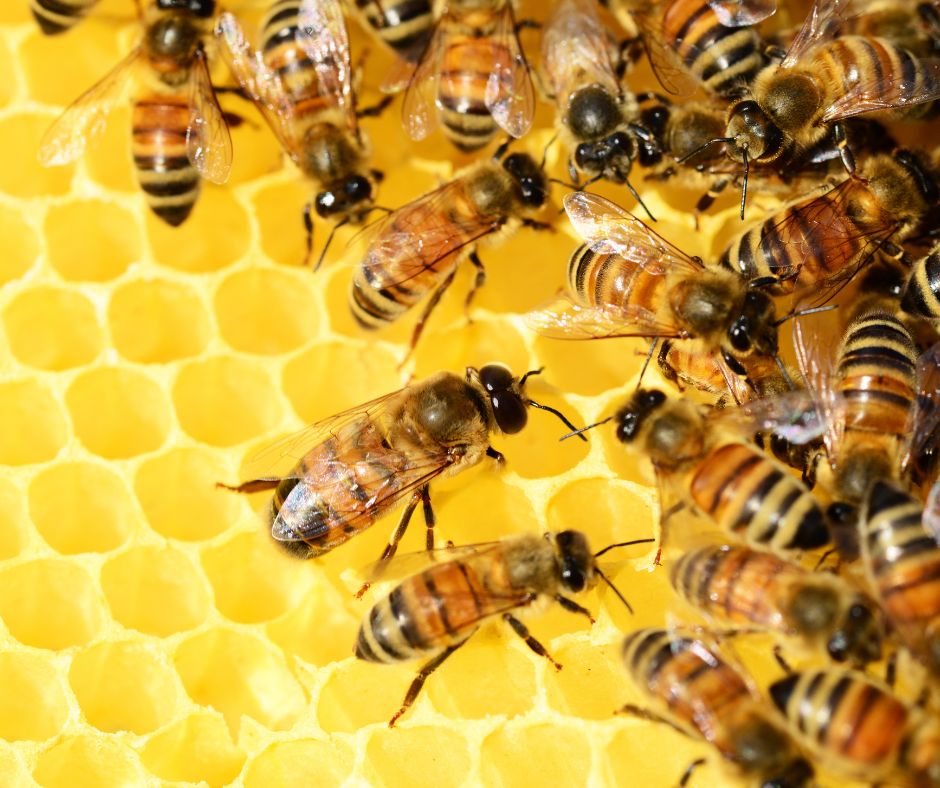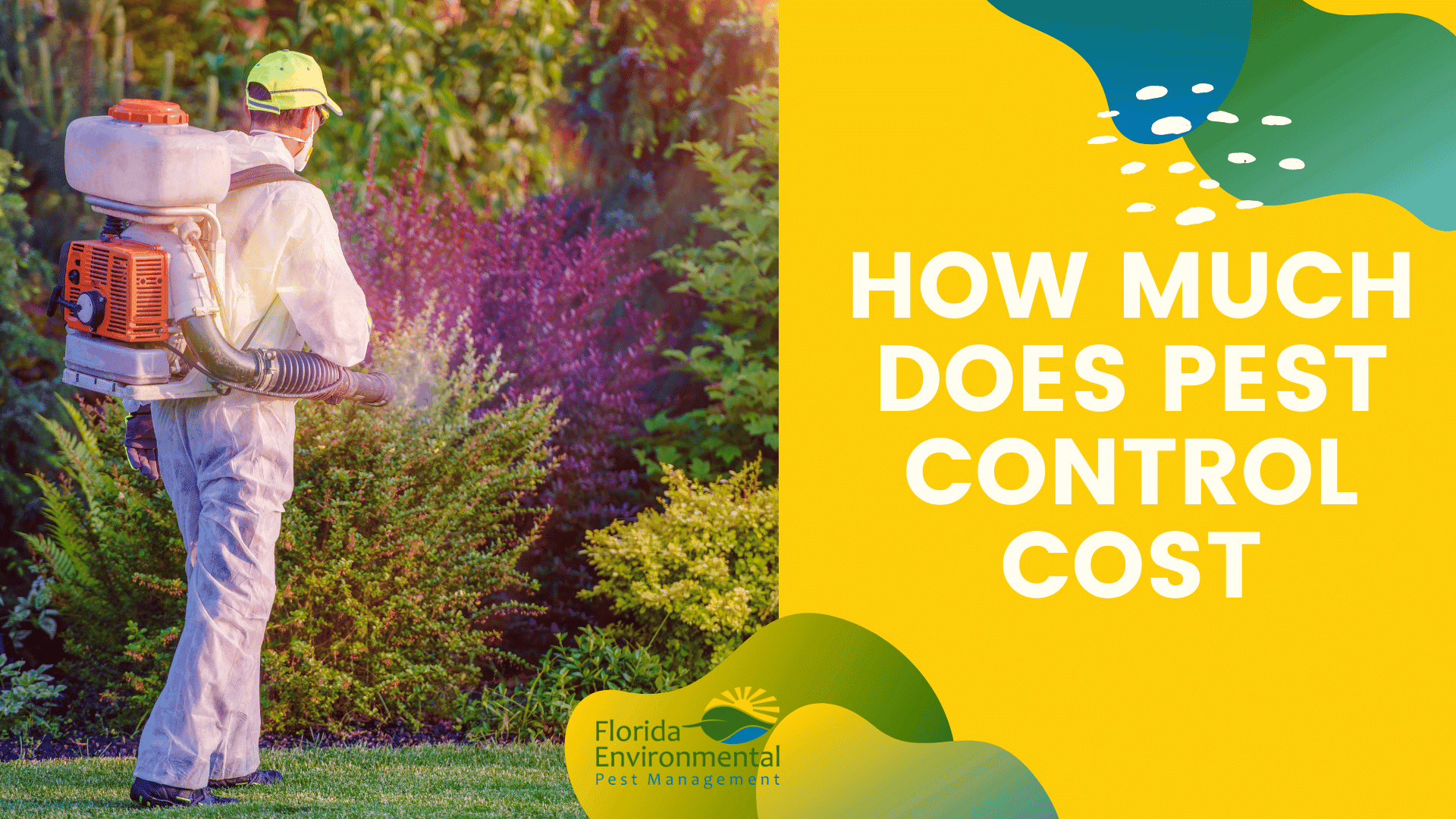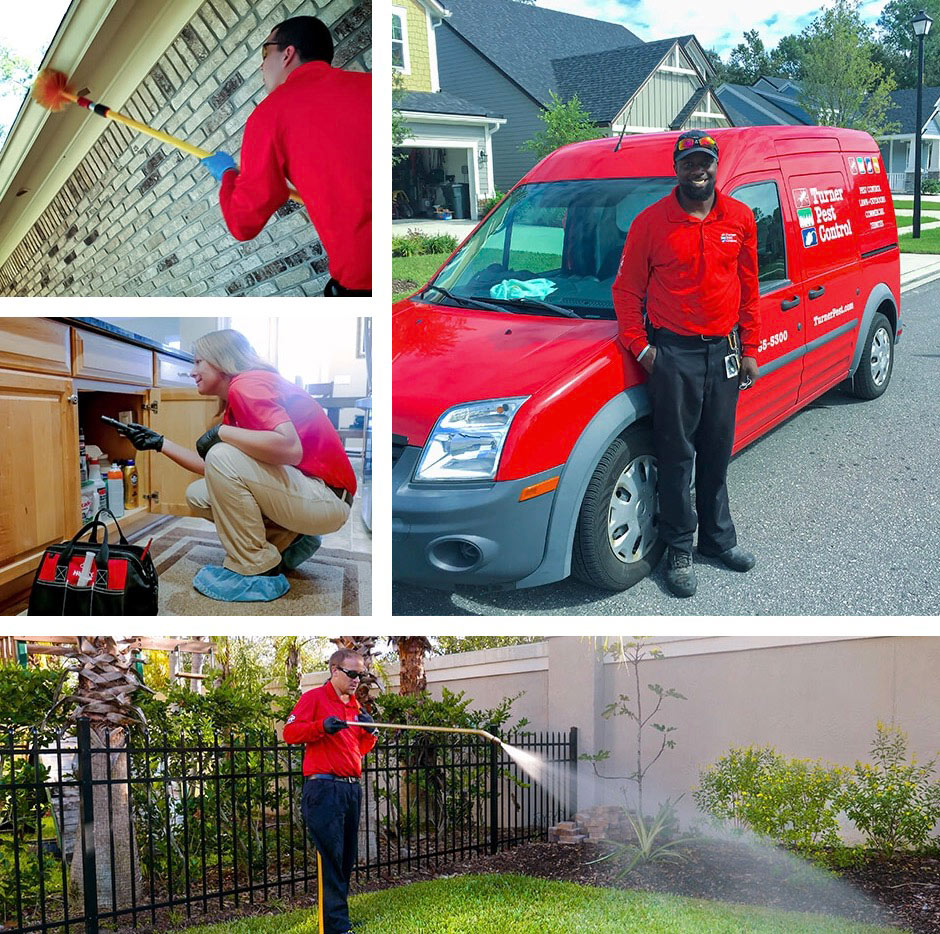Fast and Efficient Bed Bug Exterminator Port Charlotte Services for Stress-Free Living
Learn Regarding the current Developments in Parasite Control and Just How to Implement Efficient Therapy Solutions
In the last few years, the area of bug control has actually witnessed considerable improvements, driven by the demand for effective and lasting therapy remedies. Innovative approaches such as Integrated Parasite Administration (IPM) integrate green experiment cutting-edge technology, boosting both efficiency and ecological duty. In addition, the assimilation of clever innovations and DIY methods has actually encouraged people to take on pest issues extra properly. As we check out these advancements, it becomes important to understand just how best to apply these methods in numerous setups to achieve optimum results. The implications for bug management techniques might be transformative.
Eco-Friendly Parasite Control Options
Over the last few years, the need for environment-friendly parasite control options has surged as property owners and services alike look for lasting options to conventional chemical treatments. This shift is driven by growing environmental awareness and a desire to reduce the health risks connected with synthetic pesticides.

Environmentally friendly pest control approaches include a variety of strategies that focus on making use of all-natural compounds and practices. Integrated Parasite Administration (IPM) is one such method, incorporating organic, cultural, and mechanical methods to handle pest populaces while decreasing dependence on chemicals (Wildlife removal services). This alternative method highlights prevention with habitat control and the introduction of all-natural predators, consequently fostering a well balanced community
An additional popular alternative is the use of organic pesticides acquired from plants, which tend to be much less hazardous to non-target microorganisms. Products like neem oil and diatomaceous earth have actually gained traction for their performance in controlling insects while presenting marginal dangers to human wellness and the environment.
Furthermore, exclusion strategies, such as sealing entrance factors and maintaining tidiness, play an important duty in environmentally friendly parasite management. By embracing these lasting practices, individuals and organizations can successfully take care of pests while promoting a healthier world for future generations.
Smart Modern Technology in Bug Management
Advancement is reshaping the landscape of parasite management, with smart technology becoming a critical pressure in enhancing efficiency and effectiveness - Wildlife removal services. The assimilation of Net of Points (IoT) gadgets, expert system (AI), and information analytics is changing just how parasite control specialists come close to invasions
Smart catches furnished with sensors can find bug task in real-time, sending instant notifies to operators. This permits prompt feedbacks, decreasing damages and minimizing the requirement for comprehensive treatments. Additionally, AI formulas examine historic data to predict bug habits, allowing proactive treatments based upon environmental problems and problem patterns.
Drones and automatic cars are likewise playing a substantial duty in parasite administration, supplying aerial assessments of huge areas, identifying hotspots, and also distributing targeted therapies. These modern technologies not only streamline procedures however also boost safety by restricting human exposure to potentially unsafe chemicals.
In addition, mobile applications equip customers to keep an eye on pest task and gain access to expert recommendations, fostering a joint technique to pest management. Generally, the adoption of clever innovation is setting a new standard in parasite control, highlighting data-driven choices and lasting practices that inevitably benefit both homeowners and experts alike.
Integrated Insect Management Approaches
Integrated Insect Management (IPM) utilizes an all natural method to pest visit homepage control, integrating numerous techniques to successfully manage insect populaces while minimizing threats to human health and the atmosphere. IPM focuses on understanding the pest life cycle, their all-natural adversaries, and the ecosystem in which they flourish.
Among the basic parts of IPM is keeping an eye on pest populaces via routine assessments and information collection. This permits the identification of insect thresholds, figuring out when treatment is essential. Social practices, such as crop rotation, environment, and cleanliness adjustment, are crucial in reducing pest prevalence and promoting plant wellness.
Mechanical controls, consisting of catches and obstacles, are also vital in IPM. These methods can literally get rid of or hinder bugs without the usage of chemicals. When needed, the sensible application of chemical controls is utilized, concentrating on targeted therapies that decrease ecological effect.
Education and cooperation amongst stakeholders, including farmers, parasite control experts, and the community, are essential for the successful execution of IPM methods. By prioritizing sustainable practices, IPM not just addresses pest issues yet additionally promotes a healthier ecosystem.
Biological Control Approaches
Various biological control approaches are progressively recognized for their performance in handling pest populaces while promoting eco-friendly balance. These approaches harness natural killers, parasites, and virus to minimize pest numbers without relying upon artificial chemicals. As an example, the intro of ladybugs can efficiently regulate aphid populations, while nematodes target soil-dwelling pest larvae.
In addition, making use of microbial chemicals, such as Bacillus thuringiensis (Bt), offers an eco friendly option for taking care of caterpillar bugs. These products particularly target pest varieties, decreasing damage to advantageous pests and pollinators. Preservation biological control highlights boosting habitats for natural opponents, such as birds and valuable insects, thus urging their visibility in farming systems.
Research continues to expose ingenious strategies within this area, such as the use of pheromones to interrupt pest breeding patterns or the growth of biocontrol agents with genetic modification. Implementing these methods can result in lasting bug monitoring techniques that minimize the dependence on chemical treatments, ultimately fostering healthier communities. As understanding of these methods expands, they are coming to be indispensable parts of incorporated bug monitoring (IPM) methods, using an equilibrium in between efficient insect control and environmental stewardship.
DIY Pest Control Solutions
As homeowners seek effective ways to tackle parasite concerns, do it yourself bug control options have actually gotten popularity for their availability and cost-effectiveness. These techniques equip individuals to attend to invasions utilizing easily available products and techniques, often without the demand for professional treatment.

In addition, keeping appropriate cleanliness and regular inspections can prevent parasite entrance and nesting (Wildlife removal services). Easy practices, such as sealing cracks, getting rid of food resources, and decluttering, can substantially decrease pest populaces. Traps, both homemade and commercially readily available, can likewise provide reliable options for tracking and controlling specific parasites like pests or rodents

Final Thought
The combination of environmentally friendly pest control options, clever modern technology, and ingenious management strategies offers a detailed method to effective parasite monitoring. By welcoming Integrated Bug Administration (IPM) and utilizing biological control techniques, together with DIY remedies, sustainable and responsible parasite control can be accomplished. These advancements not just enhance the performance of insect monitoring methods yet likewise add to a healthier setting. Carrying out these techniques cultivates a balanced environment while efficiently resolving pest populations.
Environmentally friendly bug control approaches incorporate a range of techniques that focus on the usage of all-natural materials and practices. Integrated Insect Administration (IPM) is one such technique, incorporating organic, social, and mechanical tactics to manage insect populations while minimizing dependence on chemicals. As recognition of these strategies expands, they are coming to be integral components of integrated insect management (IPM) techniques, providing a balance between effective insect control and environmental stewardship.
The integration of environmentally friendly insect control choices, smart technology, and innovative management strategies offers a thorough strategy to reliable parasite administration. By accepting Integrated Insect Management (IPM) and utilizing biological control methods, alongside DIY solutions, accountable and sustainable pest control can be attained.